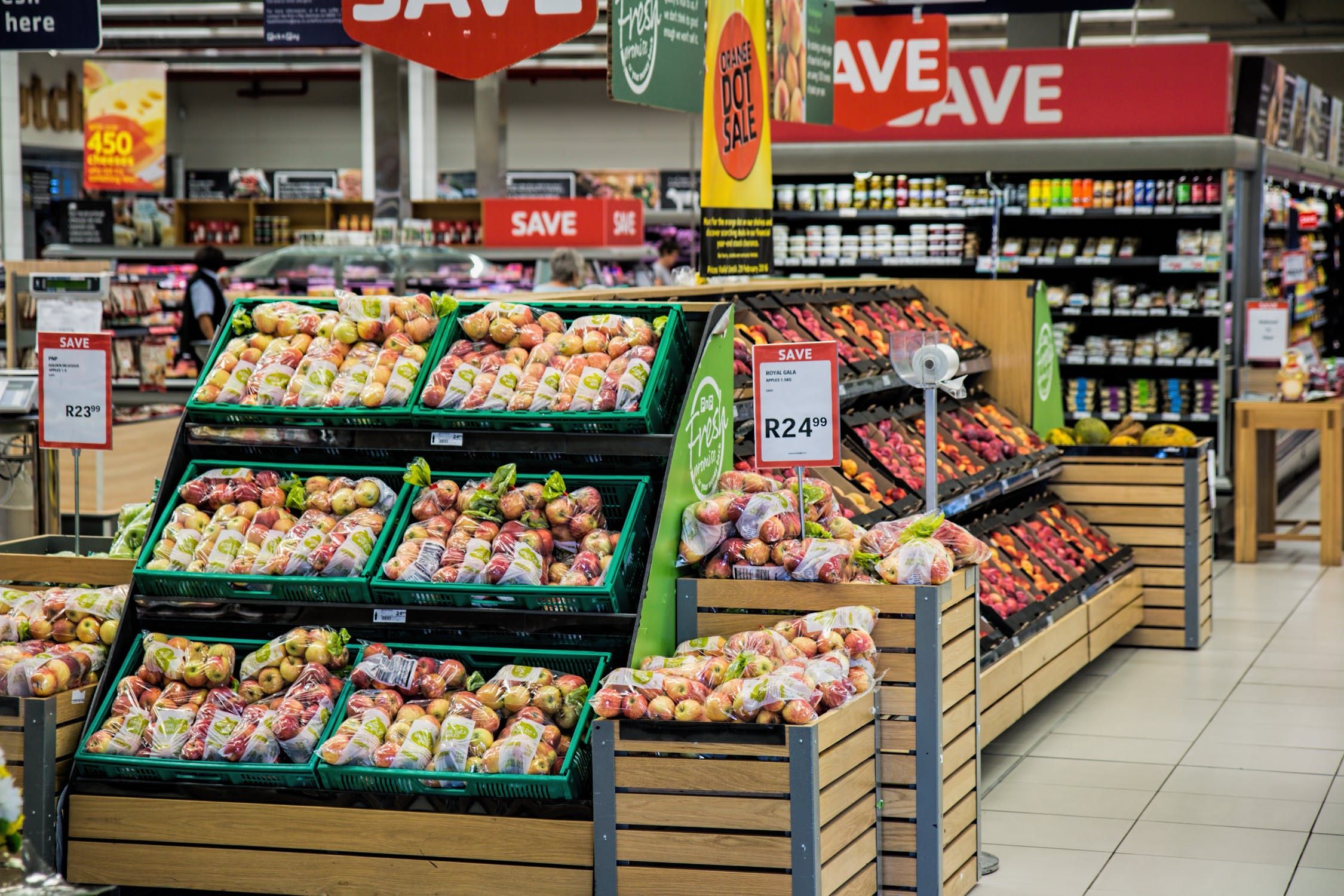
Saturdays with Shavara
The wasteful practice of food waste
Salutations green people, and welcome back to another Saturday with yours truly. There has been a topic heavy on my mind for the last few weeks and it’s been nagging at me to put into words, so sit back and enjoy this word journey that I am about to take you on. Typically, the mantra Reduce, Reuse, Recycle is in reference to being mindful of the use and disposal of products made with or containing natural resources; such as, glass, metal, electricity, textiles etc. I’m here to tell you this post isn’t about any of the above mentioned, but I’ll give you a hint; this mystery product that uses natural resources can feel plentiful, is something we all need to survive yet many of us disregard when we have access to an over abundant amount, and nearly 22% of it makes its way to our landfill annually. The natural resource I’m referring to is food, and if you were stumped up until this point, I promise by the end of this post all will make sense.
The Environmental Protection Agency prefers the term “wasted food” to indicate that the food was not used for its intended purpose which best conveys the value in the resource being wasted, in comparison to “food waste” which implies that food has little value and can easily be managed as waste. We know by now that once something is considered waste there is only one place that it ends up and that’s our pesky landfill, what’s worse is that when food waste ends up in the landfill it rots and releases mass quantities of methane gas. I do want to point out that composting is an excellent alternative for disposing of food that would otherwise end up in our landfills, which was previously discussed in an earlier post. Composting is certainly a necessity and a great way to divert food waste from landfills, but as we begin to see the bigger picture it’s painfully obvious that reducing the amount of food waste we’re generating needs to be of equal importance.
Food waste or wasted food; whichever you fancy calling it, is edible food that is purposefully discarded by consumers. I don’t mean that there are people going around tossing food out just for fun, but that inadequate meal planning or ineffective food storage can result in food simply going bad. The food retail industry is also responsible for generating mass quantities of wasted food, which is usually done when the retailer refuses or discards food because it doesn’t meet the aesthetic standards (I’m not joking fruit has beauty standards like the rest of us) making up about 50% of the behind the scenes waste. Many of you know how much I love tossing in shock factor statistics, so of course I have a few more; close to 70% of the water used worldwide is used for agriculture purposes and of the food produced in the world for human consumption a whooping 1/3 of it never makes it to your local store. When we waste food by default we’re also wasting; gasoline, energy, labor, pesticides, land, and fertilizers used to make that food.
In the U.S. food waste by percentage goes; individual consumers, restaurants, grocery stores, and finally schools. You and I, the individual consumers can improve our food (purchasing) waste by creating grocery list before heading to the store, plan meals ahead of time, check the fridge for items you already have to avoid buying again. When we store food properly, we also minimize the amount of unnecessary waste, which includes keeping fruits that ripen at a faster rate separated and freezing or canning fruits and veggies purchased in excess. If all else fails, check out local foodbanks in your area or organization that accept surplus foods to be donated and utilized to feed others. Unfortunately, we may not be able to fully control industry level food waste, but it makes a huge impact as the individual consumer to be responsible in how we manage the amount of food waste we’re contributing. We should all strive to reduce the food we purchase, reuse leftover food for new meals or donate, and recycle food in the form of composting, which will result in us affectively improving the environmental impact that food waste creates. Once again, the trusty three R’s have come in handy, and so I’ll leave It here folks, as always Reduce, Reuse, Recycle.
KOB’s very own Blog Contributor,
Shavara Johnson
References:




